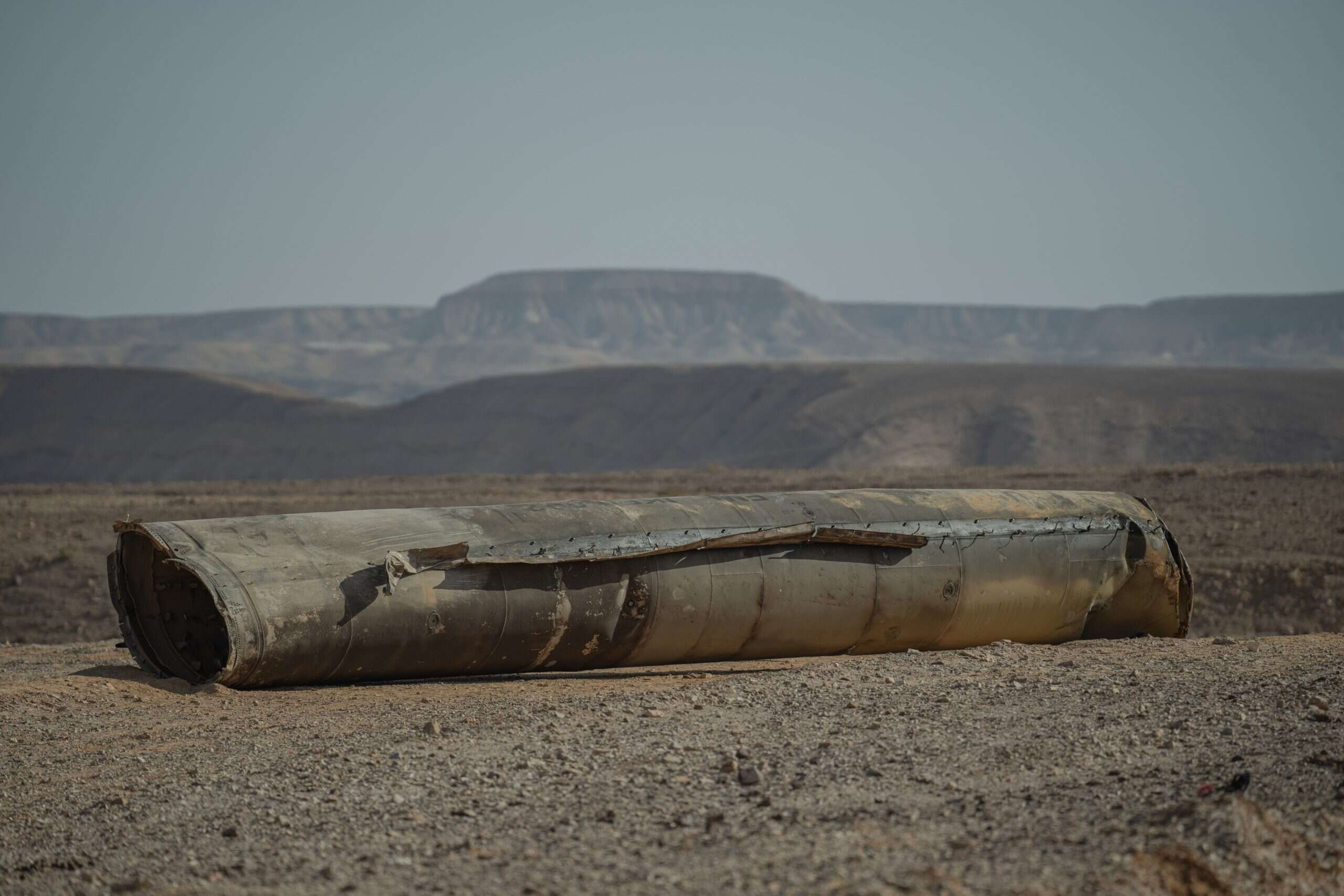Prime Minister Benjamin Netanyahu has indicated to the Biden administration that Israel is considering a more measured response to Iran's recent missile attack, targeting military infrastructure rather than nuclear or oil facilities, officials familiar with the matter have told The Washington Post.
According to the report, Netanyahu conveyed this intention during a phone call with President Joe Biden on Wednesday, their first conversation in over seven weeks amid reported rising tensions between the two leaders. The Israeli prime minister stated he was planning to target military sites in Iran, according to a US official and another official familiar with the discussion, who spoke on condition of anonymity due to the sensitive nature of the talks.

The White House has not provided immediate comment on the matter. In a statement, the Prime Minister's Office said, "We listen to the opinions of the United States, but we will make our final decisions based on our national interest."
Sources indicate that the proposed retaliatory action would be calibrated to avoid the perception of "political interference in the US elections," signaling Netanyahu's awareness of the potential impact on the presidential race. An Israeli strike on Iranian oil facilities could lead to a surge in energy prices, while targeting the country's nuclear research program might eliminate remaining boundaries in Israel's conflict with Tehran, potentially drawing the US into a more direct military role.
The apparent moderation in Netanyahu's stance reportedly influenced Biden's decision to deploy a powerful missile defense system to Israel. On Sunday, the Pentagon announced the deployment of its anti-ballistic THAAD battery system, along with approximately 100 US military personnel, to Israel. The system is expected to arrive in the coming days, underscoring "the United States' ironclad commitment to the defense of Israel," according to the Pentagon statement.
An official familiar with the matter stated that the Israeli strike on Iran would likely occur before the US elections on Nov. 5, as inaction could be interpreted by Iran as a sign of weakness. "It will be one in a series of responses," the official added.




